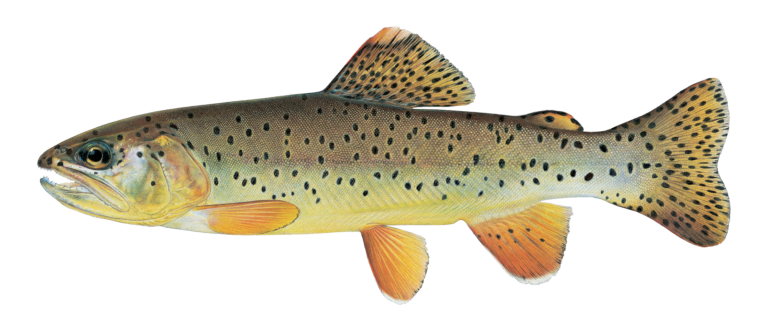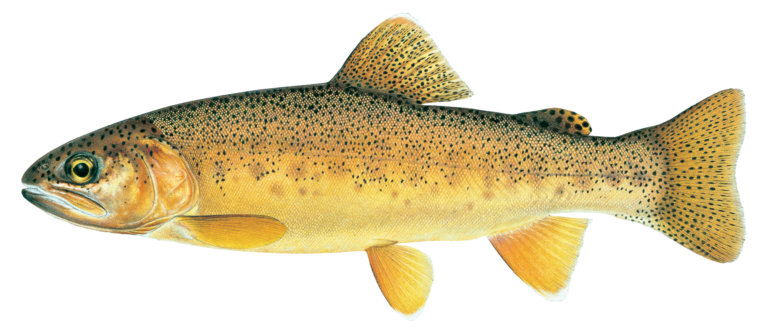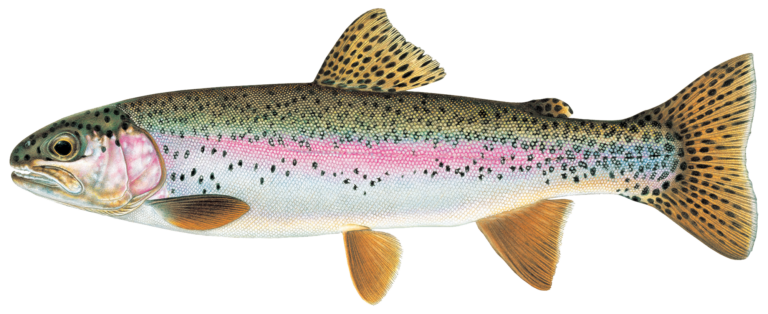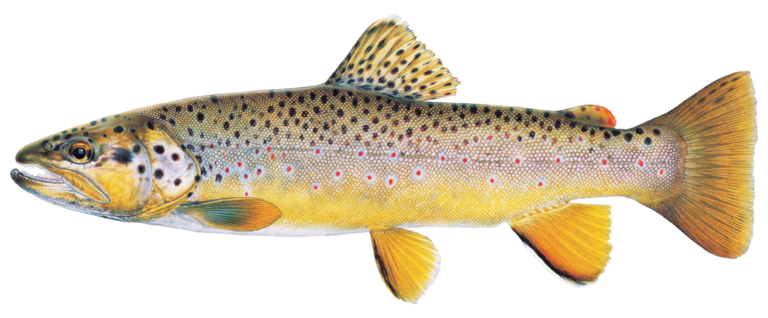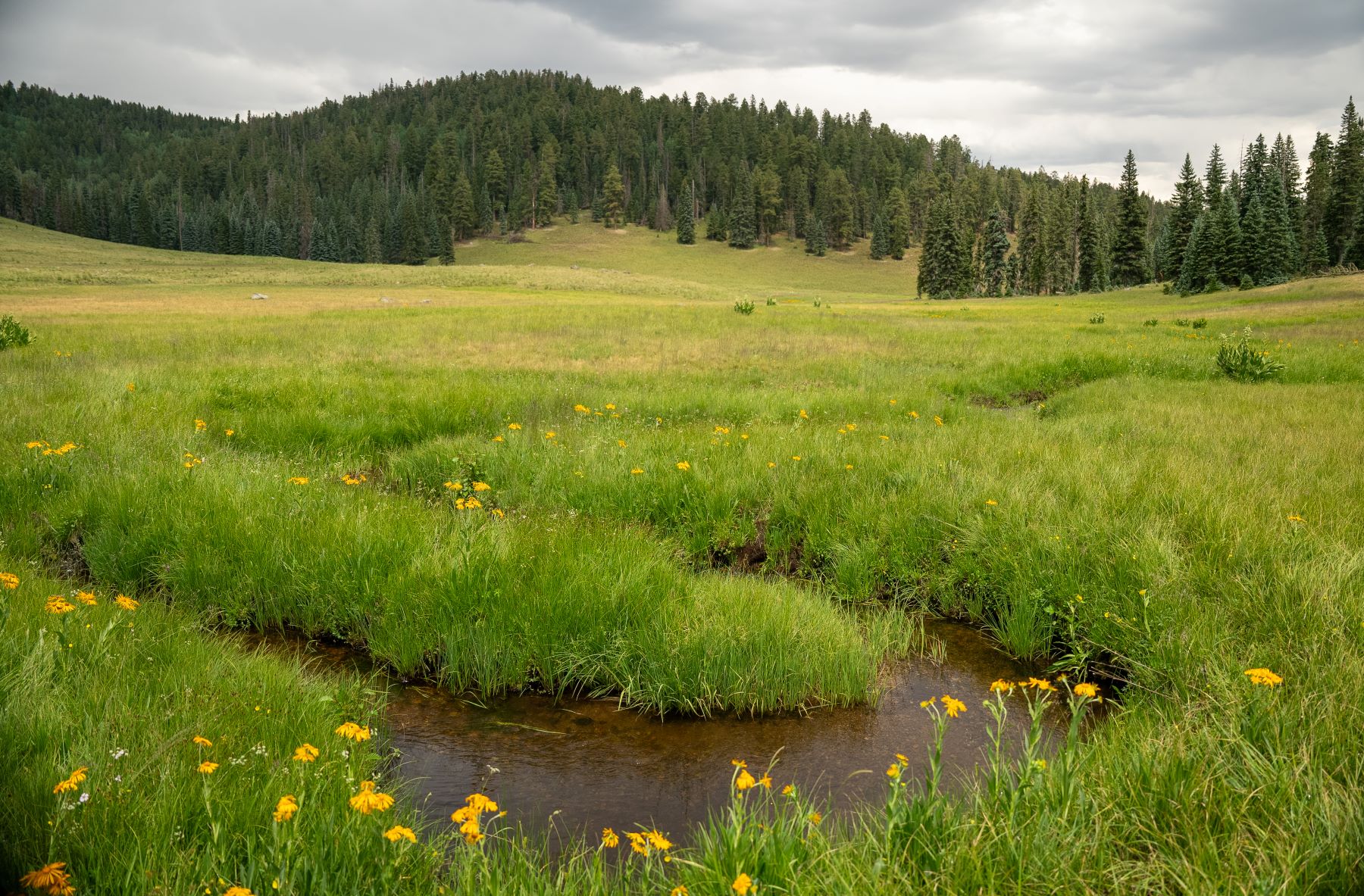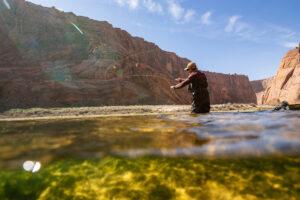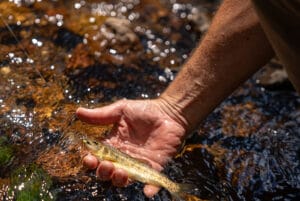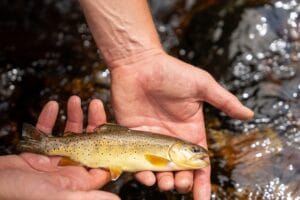Arizona
Grand Canyon, and equally grand waters

Overview
Home to the Colorado River, the Grand Canyon, and countless slot canyons, Arizona is known for its scenery. Less known are the native and wild trout fisheries in the mountain ranges cutting across central Arizona. Fragile, unique populations of Gila and Apache trout—iconic features of the Southwest—persist in the face of climate change, wildfire, and historic drought. Lees Ferry, the dividing line between the Upper and Lower Colorado River Basins, provides some of the best wild trout fishing in the state. We are working to protect and recover the state’s unique native trout while supporting wild trout fisheries that are important to Arizona’s trout anglers.
Threats & Opportunities
The Gila trout is listed as threatened by the U.S. Fish and Wildlife Service; the agency proposed removing the Apache trout from the Endangered Species List in 2022, but more work remains to keep it on stable footing. Climate change is a real and immediate threat to Arizona’s trout streams. Small native trout populations in small streams are extremely susceptible to wildfires. Subpopulations have been wiped out. It is urgent that we work to recover and build these strongholds. Doing so will likely require a larger toolbox of strategies than what is utilized in many other states.
How We Work
Gila and Apache Trout Recovery
We support efforts by the White Mountain Apache Tribe, Fish & Wildlife Service, and Arizona Game and Fish Department to protect and recover Arizona’s native fish populations and expand their habitats across their historical ranges.
Forest Restoration
Trout Unlimited is an official stakeholder in the Four Forest Restoration Initiative and was integral in creating the “aquatics flexible toolbox” that Forest Service staff follow when approving stream restoration projects. This large-scale initiative spans the majority of trout habitat in Arizona and will allow for faster, more efficient stream restoration projects.
Land Protection
For many years, Trout Unlimited has called for greater protections on land adjacent to Grand Canyon National Park due to the toxic history of uranium mining in the region. With more than 500 abandoned mines scattered around the region, the newly designated Baaj Nwaavjo I’tah Kukveni Grand Canyon National Monument creates a permanent ban on future mining without restricting other uses, such as harvesting timber, cattle grazing, and outdoor recreation.
How You Can Help
Want to help us protect and recover Arizona’s wild trout?
Reach OutStay up to date about how you can help us care for and recover Arizona’s Priority Waters.
Arizona Conservation Team

Nathan Rees
Arizona State Lead
nathan.rees@tu.org
Arizona State Lead
nathan.rees@tu.org

Kevin Terry
Southwest Program Director
kevin.terry@tu.org
Southwest Program Director
kevin.terry@tu.org
Priority Waters
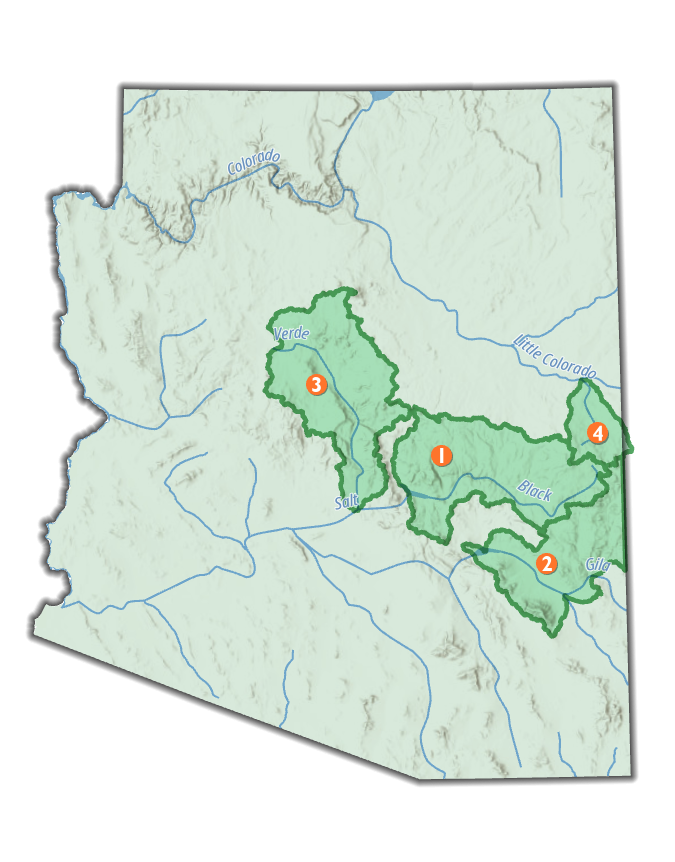
-
Salt River Basin
This is the only coldwater trout fishery in America that runs through a desert. Its headwaters originate in the White Mountains, home to genetically pure populations of Apache trout, Arizona’s state fish. Providing much of the water supply for Phoenix, the 200-mile Salt River flows through Tonto National Forest and is popular for tubing, wild horse viewing, and fishing. In a warmer Southwest, we need to protect each remaining coldwater stream, and the Salt River Basin provides a diversity of habitat that will provide trout habitat into the future.
-
Upper Gila River Basin
One of the longest rivers in the West, the Gila is a 649-mile tributary of the Colorado, renowned for its 280 species of bird habitat and native Gila trout. Rugged, remote streams in the Blue River tributary watershed present our best opportunity to create a Gila trout stronghold in Arizona. In the Pinaleno Mountains, two Gila trout populations are reproducing thanks to recovery efforts following a 2017 wildfire.
-
Verde River Basin
One of Arizona’s last free-flowing rivers, the Verde River, runs 192 miles from its headwaters in Chino Valley to the confluence of the Salt River. More than 40 miles are designated Wild and Scenic. Trout Unlimited is working to build connected strongholds for Gila trout in the watershed, including fishable populations. The basin is home to the endangered razorback sucker and Colorado pikeminnow.
-
Little Colorado River Basin
One of the largest tributaries to the Grand Canyon, the Little Colorado River runs for 45 miles across the plains of the Painted Desert in the Navajo Indian Reservation, eventually forming a narrow and 100-foot deep gorge near Cameron that offers stunning views on the way to the Grand Canyon itself. Rainbows, brown trout, and brook trout thrive in 15 wild trout streams. Small populations of Apache trout live in its headwaters.

